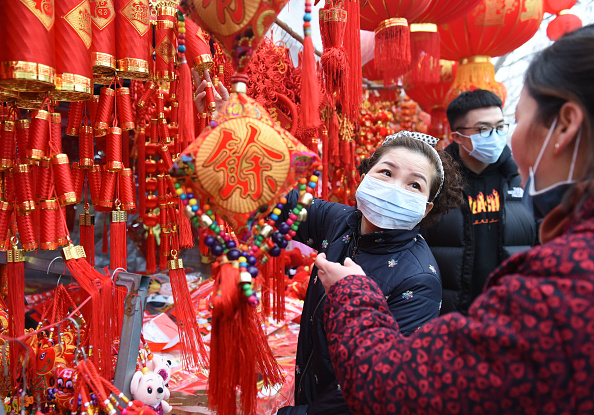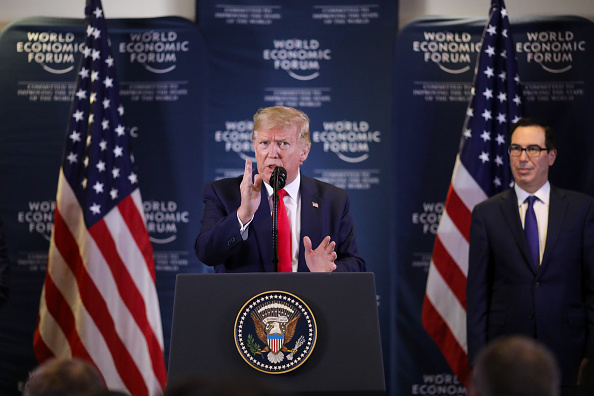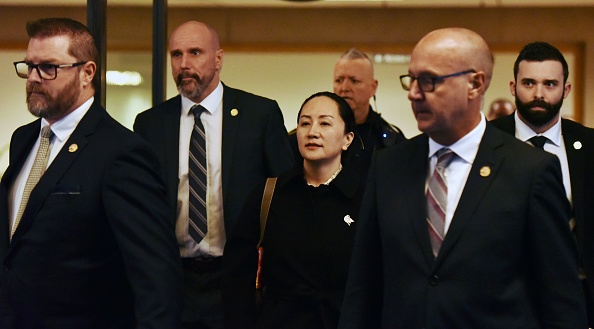
 Celebrations Grounded
Celebrations GroundedWhat typically is a bustling and joyous holiday across China has been overshadowed by the newest discovered strain of coronavirus. 2019-nCoV, dubbed the "Wuhan coronavirus" based on where the first known outbreak was detected, has halted Chinese New Year celebrations and shut down transportation in 12 cities in China, affecting over 35 million people thus far.
The virus couldn't have come at a more inconvenient time. As China's busiest travel period, people take over 3 billion trips over the Lunar New Year holiday to visit family and friends for celebrations. But with flights grounded, rail stations closed, and buses suspended, many cities are unusually quiet this Spring Festival. To place in context, the clampdown on travel is akin to closing down all transport to a city almost three times the size of New York, right before the Christmas holiday.
The deadly virus has so far killed 26 people and infected over 800, with the disease also showing up in six countries including the United States, Japan, and elsewhere in Asia. Biotechnology stocks have meanwhile shot up, as investors bet on a vaccine to control the outbreak. Meanwhile, President Xi Jinping ushered in the Year of the Rat at an event with officials and guests, not mentioning the disease in his remarks.
 Moving to Phase Two?
Moving to Phase Two?Just one week after a Phase One deal was reached in the U.S.-China trade war, President Donald Trump raised eyebrows in public remarks at the World Economic Forum in Davos, promising that Phase Two negotiations will begin soon, although business leaders expressed doubt that another deal could be reached in time for the U.S. Presidential elections in November. China has said that a Phase Two deal must include a rollback of all punitive tariffs, whereas the Trump administration has said only some can be removed.
Touting the results of the trade deal, Trump claimed that the U.S.-China relationship has "never, ever been better" and claiming that he and President Xi "love each other," a claim met with laughter in the room.
Meanwhile, the trade deal has sparked anxiety that China's promise to buy $200 billion more of American-made goods over two years will be at the expense of other countries in Europe, Latin America, and East Asia. Some fear that instead of promoting free trade, the deal will end up reducing competition from countries and strong-arming Chinese state-run companies into buying American grain and energy. This ultimately could be in violation of international trade law, according to China-US Focus contributor Sourabh Gupta, as the bilateral deal neglects to bring the trade negotiations up with the WTO's dispute settlement system.
 Pushback Across the Atlantic
Pushback Across the AtlanticThe United States is continuing its campaign to banish Huawei from its digital domain, although it is increasingly facing pushback from allies such as the United Kingdom, which has declined to ban Huawei technologies from its 5G network, despite pressure from Washington. The Trump administration has said it will reconsider sharing intelligence with the U.K. if it decides to press ahead.
The world's largest telecom company is regarded by many as a threat to U.S. national security, and the Trump administration has signaled it will give financial assistance to countries willing to bypass the company for 5G networks.
Meanwhile, the daughter of Huawei's founder faced an extradition trial in Canada this week, where a judge adjourned the high-profile case and called for further hearings later this year. If extradited, Meng Wanzhou would be prosecuted in the United States on fraud charges linked to sanctions violations against Iran.
Prepared by China-US Focus editorial teams in Hong Kong and New York, this weekly newsletter offers you snap shots of latest trends and developments emerging from China every week, while adding a dose of historical perspective.
- 2020-01-17 Signed, Sealed, Delivered
- 2020-01-10 Ink the Deal
- 2019-12-20 A Level Playing Field
- 2019-12-13 It’s a (Limited) Deal!
- 2019-12-06 An Arbitrary Deadline
- 2019-11-22 On or Off Again?
- 2019-11-15 Counterweight Critique
- 2019-11-08 "I haven't agreed to anything"
- 2019-11-01 Don’t Hold Your Breath
- 2019-10-25 Weaponizing Diplomacy
- 2019-10-18 Economic Shudders
- 2019-10-11 A “Big Day of Negotiations”
- 2019-10-04 Birthday Celebrations
- 2019-09-28 A World Split in Two?
- 2019-09-20 Another Round
- 2019-09-13 Olive Branch or Olive Twig?
- 2019-09-07 The Unwinnable War?
- 2019-08-31 “Sorry, it’s the way I negotiate”